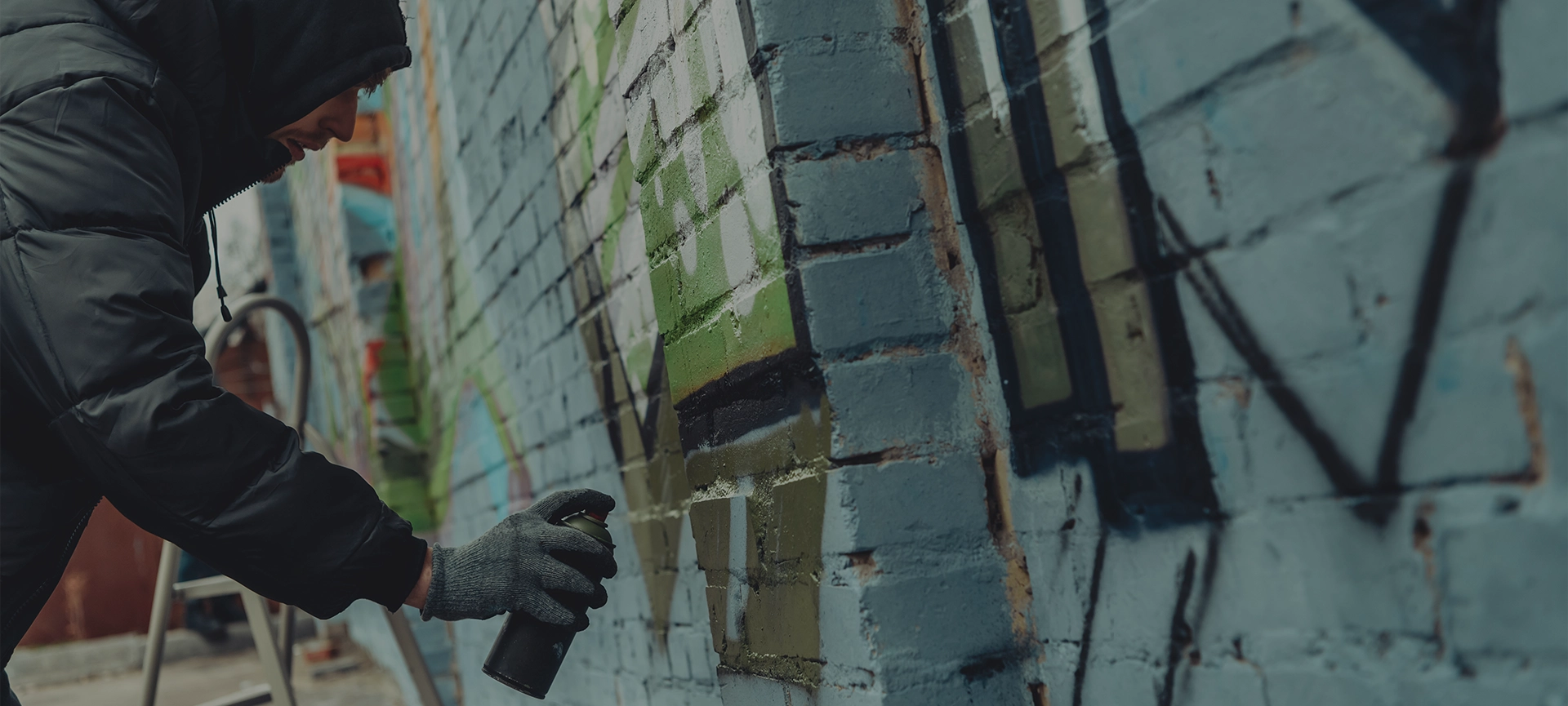A shrill, persistent echo punctuated by loud beeps nearly derailed what is believed to be the first virtual murder trial in Ontario earlier this month.
Presiding over the virtual courtroom from his home, Ontario Superior Court Justice John McMahon attempted to fix the issue alongside lawyers and court staff as they waited for Michael Colatosti to appear by video conference from the Toronto South Detention Centre.
“For whatever reason, this is not working right now,” an exasperated McMahon said a few minutes later, ready to call it a day.
And they stress technology will play a crucial role in tackling the massive backlog of cases the province’s already overburdened courts will face when normal operations resume.
“I don’t think anyone should want to return to what was normal, because what was normal was really outdated, inefficient and costly,” said Ottawa defence lawyer Michael Spratt.
He described a system “stuck in the 1970s or 80s”: still heavily reliant on fax machines and physical media such as CDs, where lawyers often have to travel more than an hour to submit documents in person or attend a judicial pretrial that lasts only minutes.
Meanwhile, Spratt, the defence lawyer, said he hopes the disruption caused by the pandemic will also spur those in the legal field to rethink other key aspects of the justice system.
“COVID has proven that we have…too many individuals who are in jail waiting for their trial, and likely too many matters before the courts, period,” he said, noting the courts have historically been used to deal with social issues such as poverty, addiction and mental health.
“So one of the silver linings may be that the justice system, out of necessity, finally is forced to grapple with important questions of what should actually be before the courts and what matters we should be subjecting to a very expensive, lengthy and punitive justice system.”
Read the full Canadian Press story: CBC News




